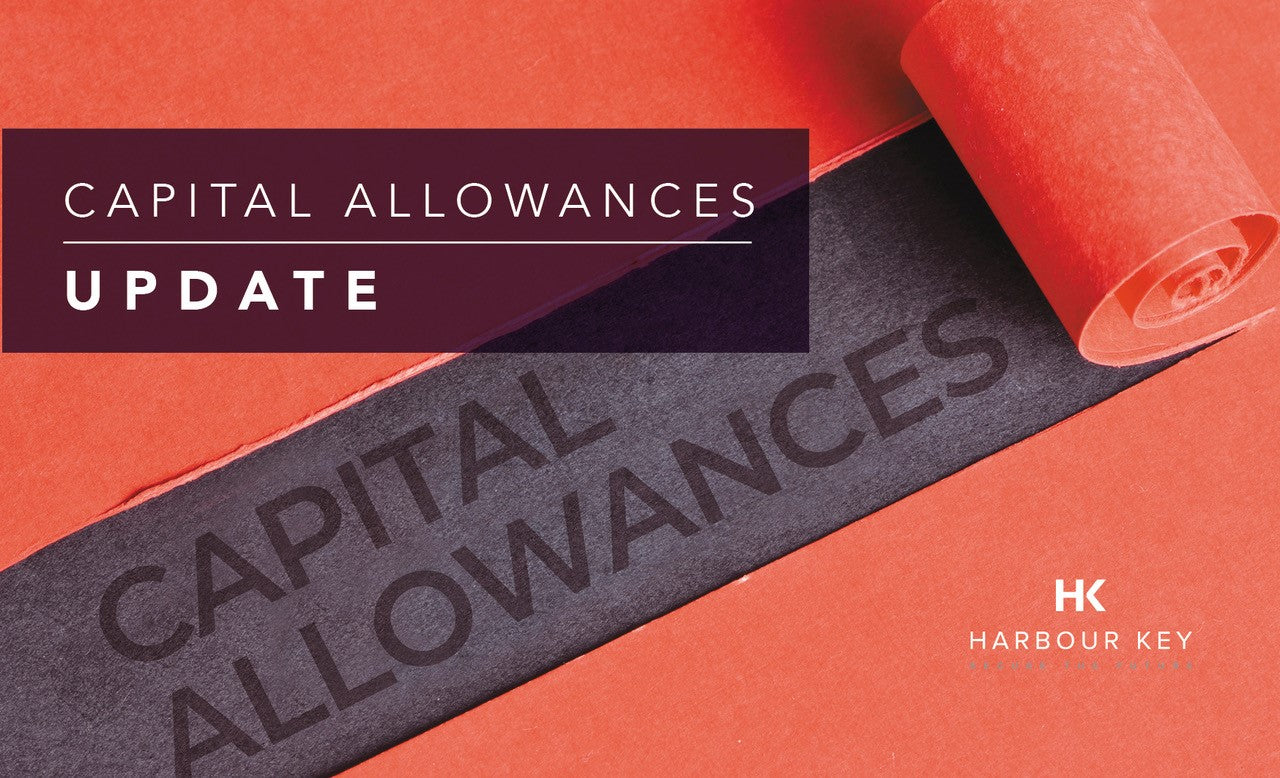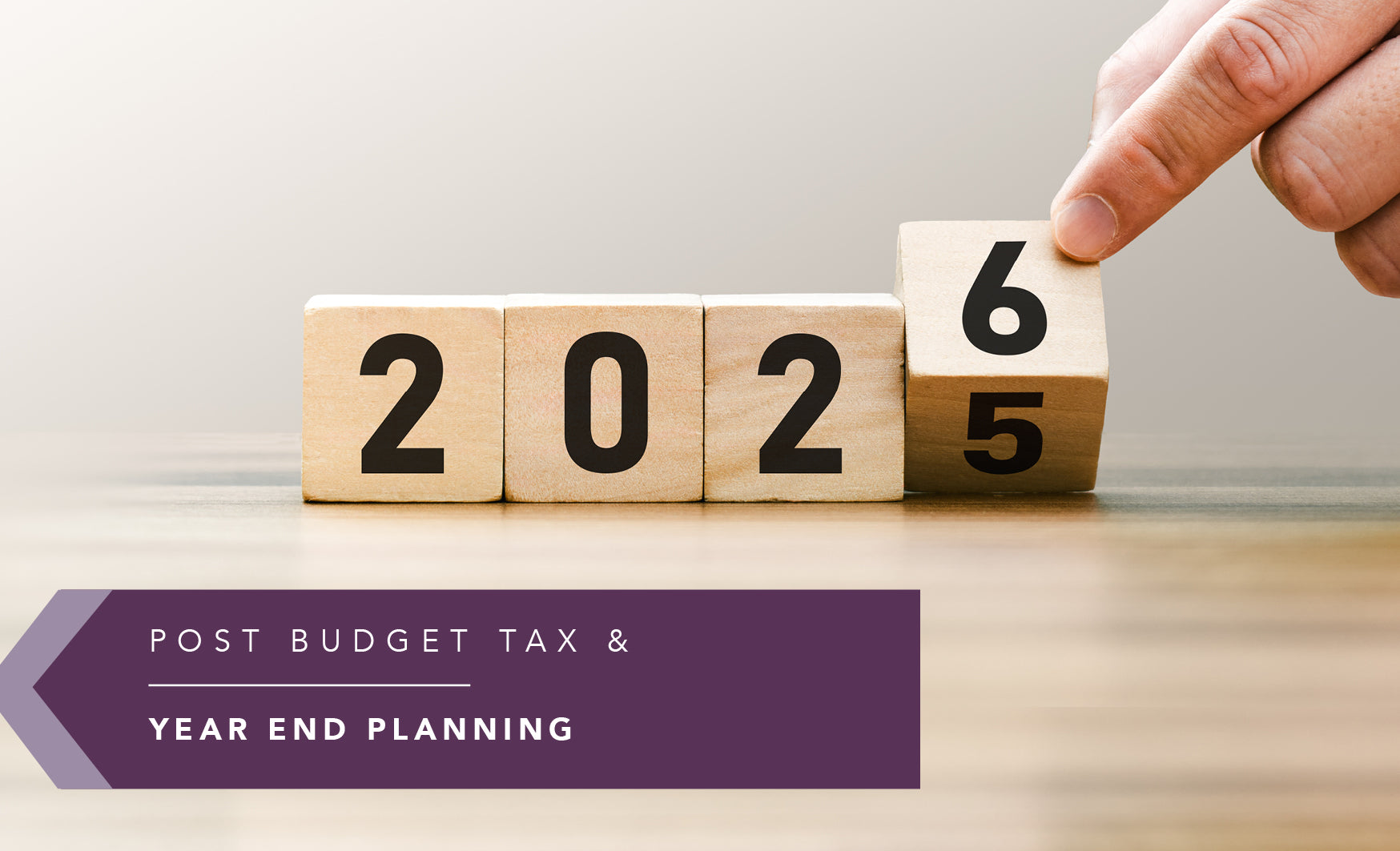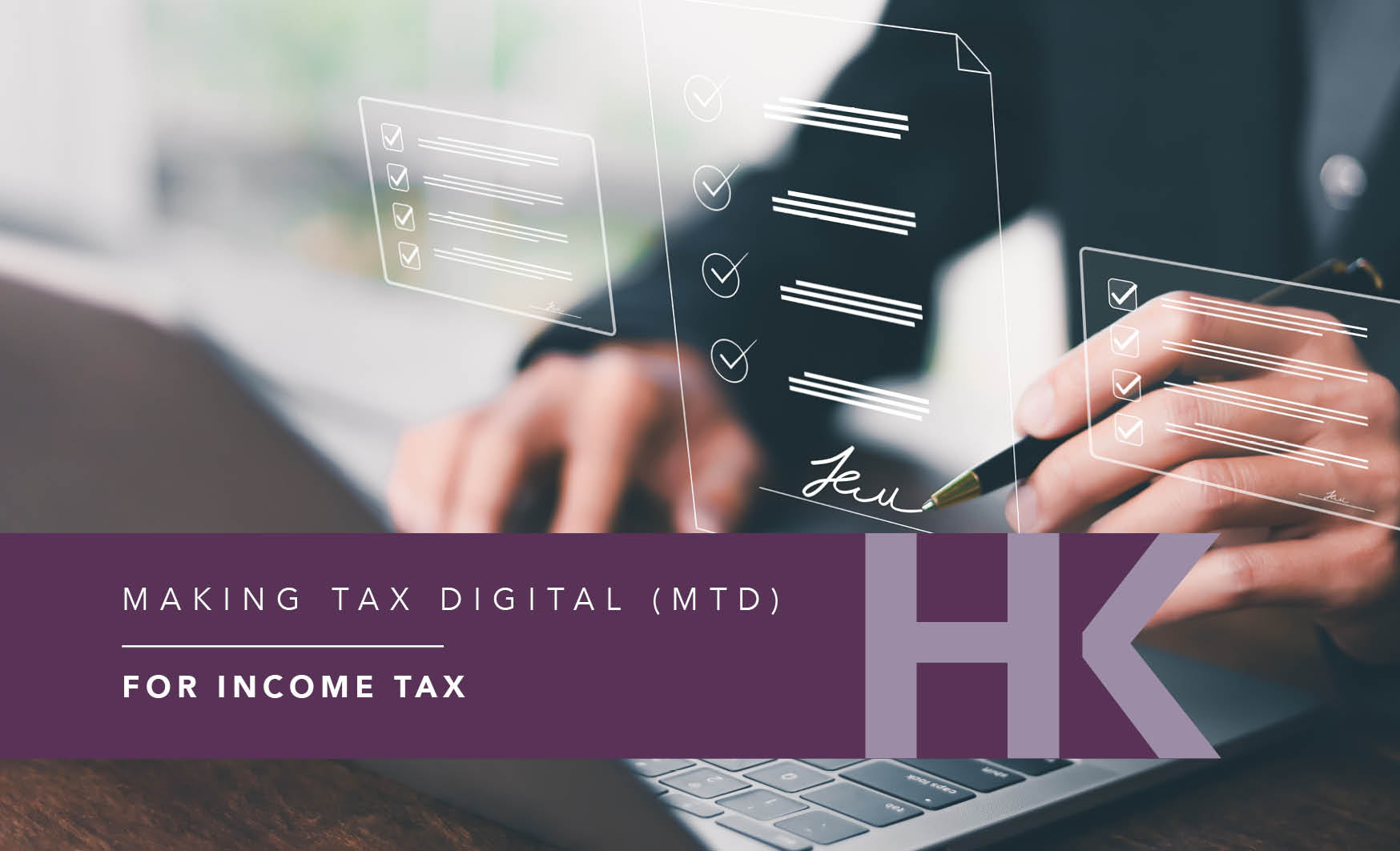
Tax ‘Super-Deduction’ Coming an End!
In the 2021 Budget, the then Chancellor Rishi Sunak announced a new tax ‘Super-Deduction’ for capital expenditure incurred by companies from 1 April 2021 to 31 March 2023. It was a “big-giveaway” designed to encourage accelerated spending by companies to help kick-start the economy following the Covid pandemic, rather than companies deferring large capital projects until the Corporation Tax increase to 25% (which has now been confirmed for 1 April 2023, following the reversal of the announcement in the Kwasi Kwarteng mini budget).
Capital allowances are akin to a tax-deductible expense and are available in respect of qualifying capital expenditure incurred on the provision of certain assets in use for the purposes of a trade or rental business. They effectively allow a taxpayer to write off the cost of an asset over a period of time.
Benefits of claiming:
- Claim an immediate tax/cash benefit;
- Reduce or completely shelter a tax liability;
- Improve cash flow and keep cash in your business;
- Possible cash refund/repayment of taxes.
The March 2021 budget brought in two temporary first year allowances for new capital expenditure:
- Super deduction of 130% for plant & machinery main pool expenditure, (which covers most items, cars and second-hand items being the main exclusions);
- Special rate (SR) allowances of 50% for items which otherwise attract a writing down allowance of 6%, the main items in this pool will be long-life assets (economic life >25 years) and integral features forming part of a building.
More details can be found about the allowance in our article released following the 2021 Budget READ HERE.
It is important to carefully track the expenditure where these allowances are claimed (as with any capital expenditure), as any disposal proceeds received in the future will be taxed in full as a balancing charge. If any items are disposed of before 1 April 2023 and the 130% allowance has been claimed, the proceeds will be multiplied by 130% when calculating the balancing charge.
Common errors:
- Entitlement to claim has not been established properly, which can be common when buying a property to be used in the trade, which may have items within (fixtures & fittings), on which allowances can be claimed.
- Insufficient supporting documentation in place to justify your claim.
- Over-claim: Incorrect inclusion and/or treatment of certain types of expenditure.
- Under-claim: exclusion of qualifying expenditure – cash burn!
While the headline news is that the 130% Super Deduction will apply to expenditure incurred between 1 April 2021 and 31 March 2023, clients should be aware that where expenditure is incurred in an accounting period which ends after 1 April 2023, the 130% is reduced proportionally depending on the number of days in the period that arises after 31 March 2023. So, for a company with a 31 December 2023 year end, expenditure incurred in January to March 2023 will qualify for a 107% allowance.
With the Super Deduction going businesses will instead rely on the Annual Investment Allowance (“AIA”), which provides a 100% deduction for qualifying expenditure; as with the 130% deduction AIA covers most items of plant, machinery, IT equipment etc. The AIA amount of qualifying expenditure has been subject to a number of temporary increases from the original £200,000 limit, to £1 million. Whilst this temporary increase was expected to be reversed from 31 March 2023, one of the measures that remains in place from the mini-Budget is that this limit will now be permanently at £1 million.
Should you need to discuss the Super Deduction or capital allowances in general, please do not hesitate to give us a call on 01452 713277 or email us.



